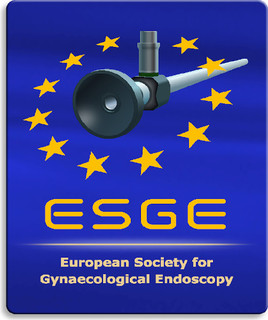The role of magnetic resonance imaging in the diagnostic work-up of fetal ventriculomegaly
Fetal, hydrocephaly, magnetic resonance imaging, ventriculomegaly.
Published online: Oct 05 2011
Abstract
The indication for fetal magnetic resonance imaging (MRI) remains a subject of debate, partly because of questions concerning its diagnostic accuracy compared to ultrasound, partly because of practical factors such as accessibility, high costs and available expertise. Most studies advocate an added value for MRI in cases diagnosed with central nervous system pathology. MRI is a good modality to detect small foci of brain hemorrhage, to depict callosal anom- alies, to add information about normal and pathological cortical development, and is a more sensitive imaging method to detect white matter pathology. This manuscript discusses the role of MRI as an adjunct to ultrasound for cases diagnosed with cerebral ventriculomegaly.



